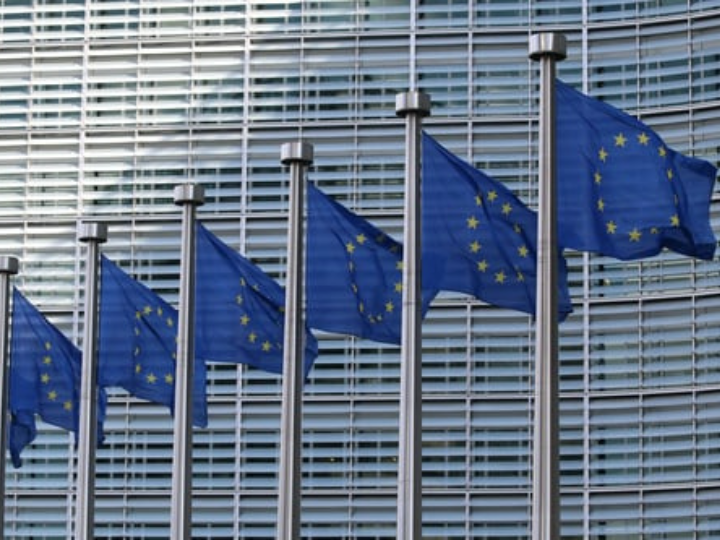by Janos Ammann
Half a year after EU member state agreed their common position and nine years after the Commission first proposed it, the European Parliament voted its negotiating stance on an instrument aimed at ensuring access of European companies to public procurement markets outside the EU.
“We want the International Procurement Instrument (IPI) to work as a door opener for European companies,” said German lawmaker Daniel Caspary who was the Parliament’s chief negotiator on the IPI on behalf of the centre-right European People’s Party (EPP).
Voting in Strasbourg yesterday (14 December), MEPs backed the Caspary report by a large majority, with 590 votes in favour, 8 against and 99 abstentions.
Once adopted, the tool will allow the EU Commission to investigate cases of alleged discrimination of European companies vying for public procurement opportunities outside the EU.
If a discrimination is detected and the third country concerned does not rectify the situation, the Commission could then consider goods and services from this country as more expensive in public procurement bids within the EU.
This possibility to disadvantage foreign companies should act as a deterrent to third countries and therefore enhance market access for EU companies.
Long in the making
However, European governments took a long time to be convinced.
The IPI was first proposed by the EU Commission in 2012, but it soon got stuck in legislative negotiations. A revised proposal was presented in 2016 but it only made little progress.
In 2019, the Commission urged both the member state governments and the European Parliament to give the adoption of the IPI another go, stressing the challenge posed by China.
Finally, in June 2021, member state governments agreed their common position on the IPI.
The Parliament’s vote, by contrast, almost looked like a formality, with an over overwhelming majority of 590 MEPs backing the proposal and only eight opposing it.
The Parliament’s position aims at increasing the EU Commission’s power in the IPI by extending the scope of the proposal and reducing the number of exceptions in which national authorities can defer from measures taken through the IPI.
“The EU should stop being naive and should not be taken advantage of by other countries,” said Liesje Schreinemacher, shadow rapporteur on the file for the centrist Renew Europe political group in Parliament.
“This proposal for an International Procurement Instrument is a good first step, as part of a package that will tackle coercion and foreign subsidies,” she said.
Agreement by spring 2022?
The business community also welcomed the Parliament’s vote.
“The EU is a step closer to having an effective instrument to level the playing field in international procurement markets,” said Markus Beyrer, director general of BusinessEurope, the EU’s main employer organisation.
The vote in Parliament opens the way for negotiations between member state governments and the EU Parliament.
In a tweet welcoming the Parliament’s decision, Valdis Dombrovskis, the executive vice-president of the Commission, announced that the first discussions between member state governments, Parliament, and the Commission would take place on Thursday morning (16 December).
“Our goal is to complete the negotiations with EU ministers by next spring. The ball is now in Council’s court to start working with us without delay on the final version of an effective, efficient and straightforward tool,” Caspary said.
The renewed push for the IPI coincides with other developments towards a more assertive EU trade policy. On 8 December, for example, the EU Commission proposed a new anti-coercion tool that also uses a logic of deterrence to ensure market access for European companies.
*first published in: www.euractiv.com




 By: N. Peter Kramer
By: N. Peter Kramer

